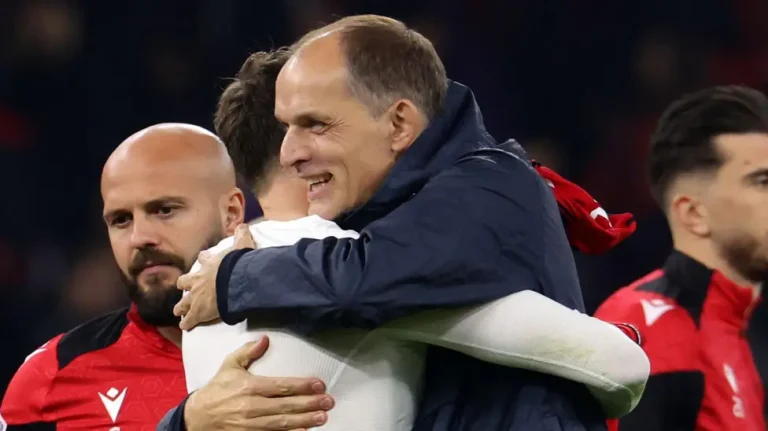The Biggest Decisions Facing Tuchel Before the World Cup
England World Cup Squad discussions are heating up after Thomas Tuchel completed a flawless qualifying campaign with eight wins, 22 goals scored and none conceded. The first phase of his mission is complete, yet the hardest choices now begin. Because England have waited 60 years for a major men’s trophy, every positional debate carries weight. Tuchel must evaluate form, fitness, chemistry and tactical clarity before naming the group he believes can win the World Cup.
Bellingham or Rogers for the Number 10 Role
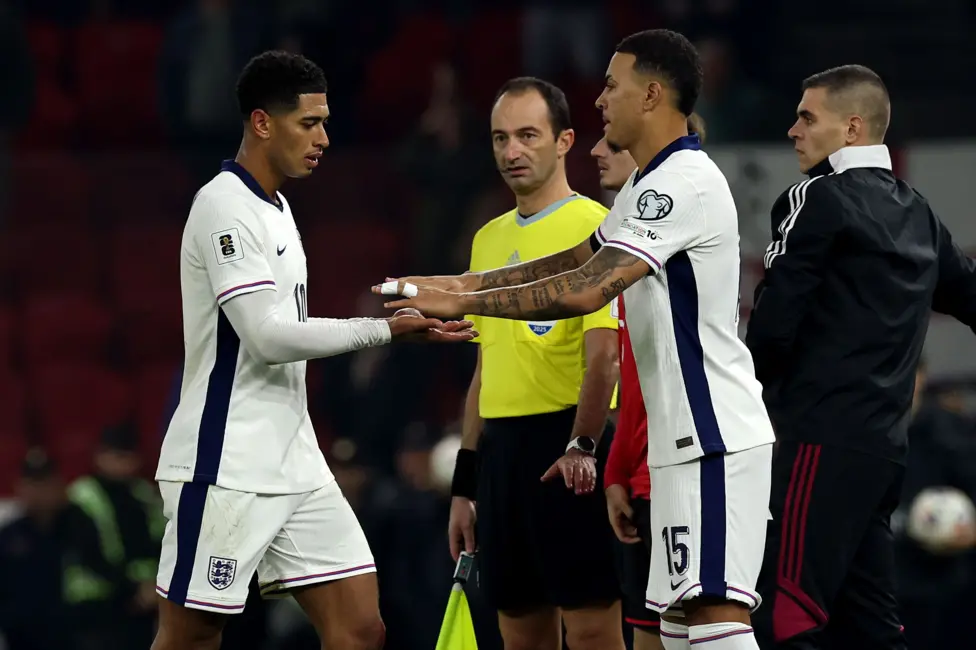
One of Tuchel’s biggest decisions involves choosing between Jude Bellingham and Morgan Rogers for the central attacking midfield role. Their friendly rivalry has developed into a defining subplot of England’s build-up. Rogers impressed when Bellingham missed time after shoulder surgery, and Tuchel rewarded his consistency by keeping him in the team. Bellingham, however, brings impact moments at elite levels and demonstrated his full range in Tirana despite showing signs of frustration during the match. Although both can operate as starters or finishers, Bellingham’s big-game pedigree may give him the edge when Tuchel selects his opening lineup.
Read Also
Pepsi University Football League Nakivubo Stadium
Microsoft Solar Deal Japan
AI Startup Success Neundorfer Advice
Harry Kane Remains Irreplaceable
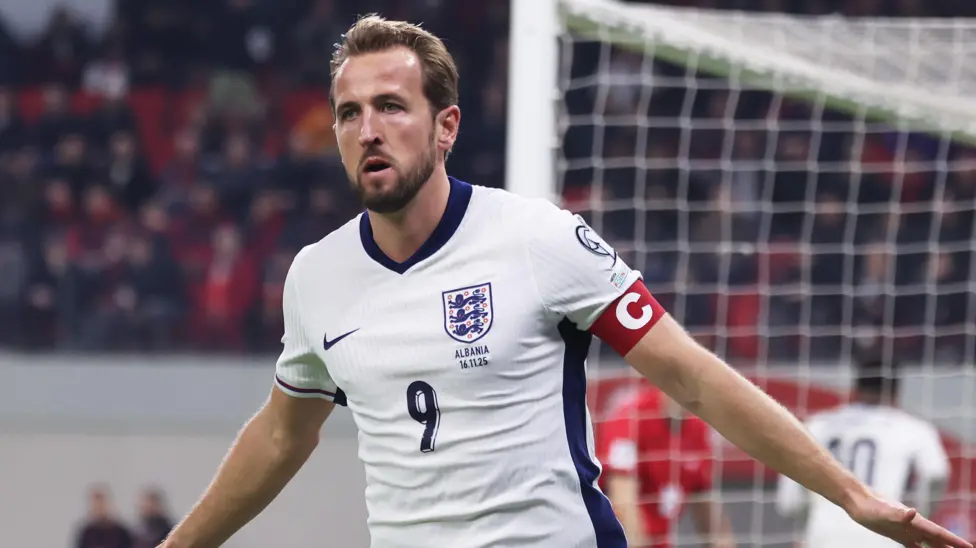
Harry Kane continues to be England’s most indispensable player. His two goals in Albania reinforced his importance as both a scorer and creative fulcrum. Although he is now 32, his form remains exceptional, and his leadership shapes England’s attacking structure. Tuchel must still consider alternatives, yet the available options lack Kane’s all-round influence. Danny Welbeck offers experience but is 34. Ollie Watkins has been used sparingly. Ivan Toney has faded from contention, while Marcus Rashford and Anthony Gordon can fill the central role only in emergencies. Because of this, an injury to Kane would be Tuchel’s greatest fear heading into the tournament.
Defensive Selection and Tactical Balance
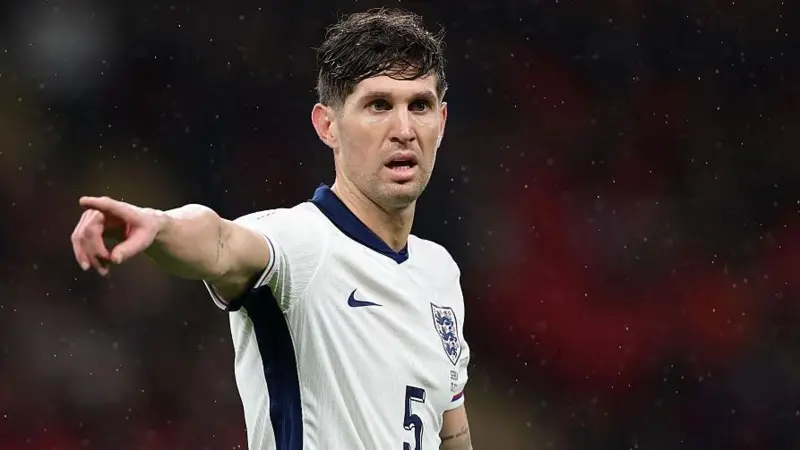
Tuchel also faces questions about England’s defensive unit. John Stones demonstrated his quality in a hybrid role during the win over Albania, moving seamlessly from central defence into midfield. This approach adds tactical flexibility, although a more conventional back four is expected at the World Cup. Stones appears likely to start if fit, while Ezri Konsa and Marc Guehi continue to grow into reliable options. Jarell Quansah impressed on debut and may earn a squad place. The left-back position remains open, with Nico O’Reilly, Myles Lewis-Skelly and Djed Spence all featuring under Tuchel. If Tino Livramento returns from injury in time, he may hold the advantage.
Who Starts on the Left Wing?
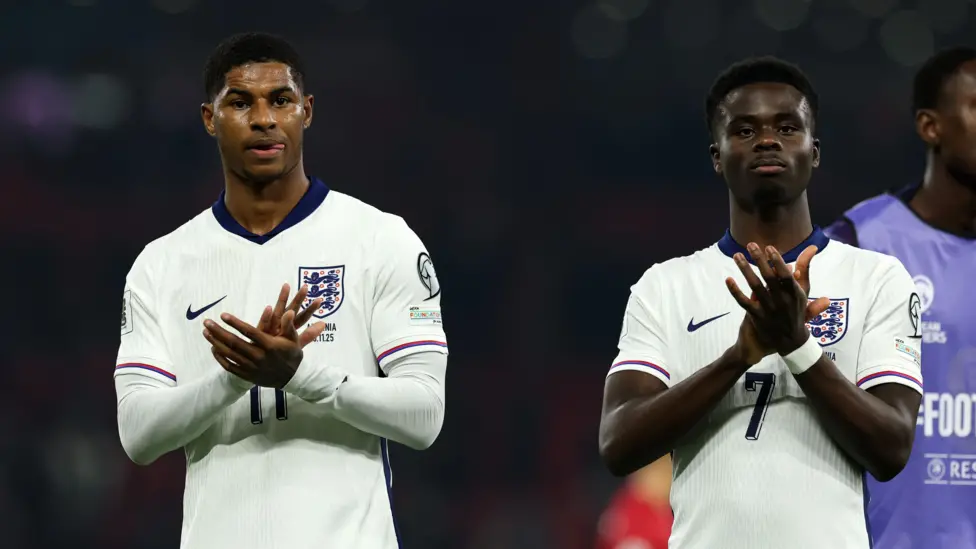
Bukayo Saka has secured the right-wing role, leaving competition on the left wide open. Rashford strengthened his case with a pinpoint assist for Kane’s second goal in Albania. However, Gordon’s energy and Noni Madueke’s creativity also appeal to Tuchel. Jack Grealish, despite finding form at Everton, faces too much competition to break back into the team. Eberechi Eze offers versatility but remains behind Bellingham and Rogers in central areas. Because Tuchel values tactical discipline and pressing intensity, the left-wing selection may shift based on the opponent and match plan.
The Midfield Engine Behind the Attack
Declan Rice remains the undisputed anchor of England’s midfield. His ability to control tempo, win duels and distribute under pressure gives Tuchel platform stability. The question is who partners him in deeper roles when Tuchel needs to rotate. Konsa’s availability may influence shape, while younger midfielders continue pushing for opportunities. England’s heat-management plan for next summer also suggests Tuchel will divide workloads between starters and finishers, making squad depth essential. The balance between energy, control and transition remains a strategic focus.
England’s Path and Tuchel’s Final Choices
Tuchel’s approach shows he avoids selecting players based on reputation. Instead, he rewards form, tactical fit and mentality. This clarity creates intense competition for places but also builds accountability within the squad. Key battles remain unresolved, especially in attacking midfield, left-back and the backup striker role. Although many players impressed during qualifying, the World Cup demands a sharper edge. England World Cup Squad decisions will determine how effectively Tuchel shapes a group capable of standing up to the pressures of knockout football.
A Defining Moment for England’s Golden Generation
With qualification complete, attention shifts to preparation for a tournament England believe they can win. Tuchel’s squad decisions will influence structure, chemistry and momentum. The choices between Bellingham and Rogers, the search for reliable Kane cover, the formation of a solid defensive unit and the battle for wide positions all carry major consequences. Based on recent performances and emerging talent, England enter the tournament with optimism, purpose and depth. As Tuchel finalizes his squad, he understands the responsibility of transforming quality into a historic triumph.

